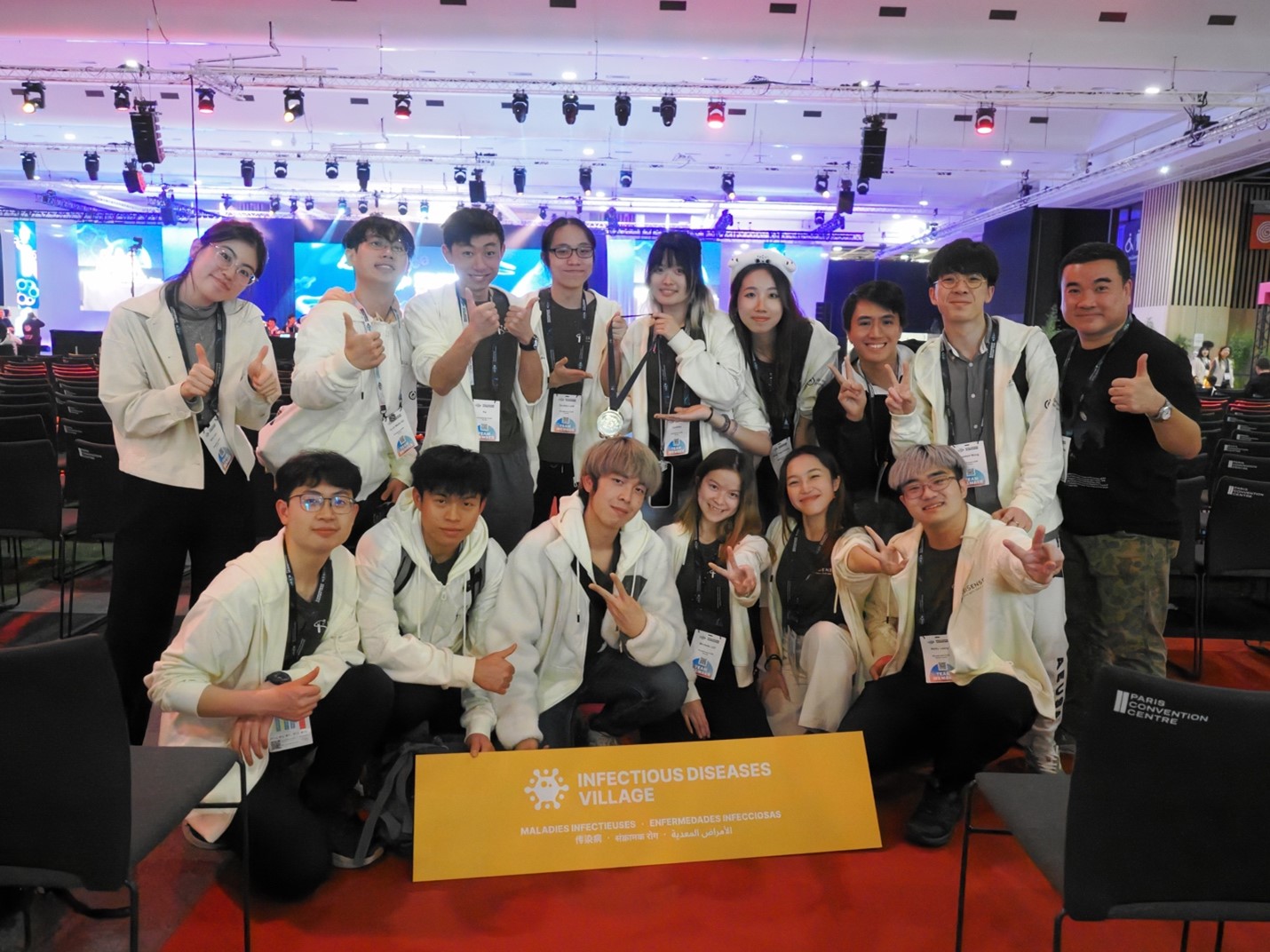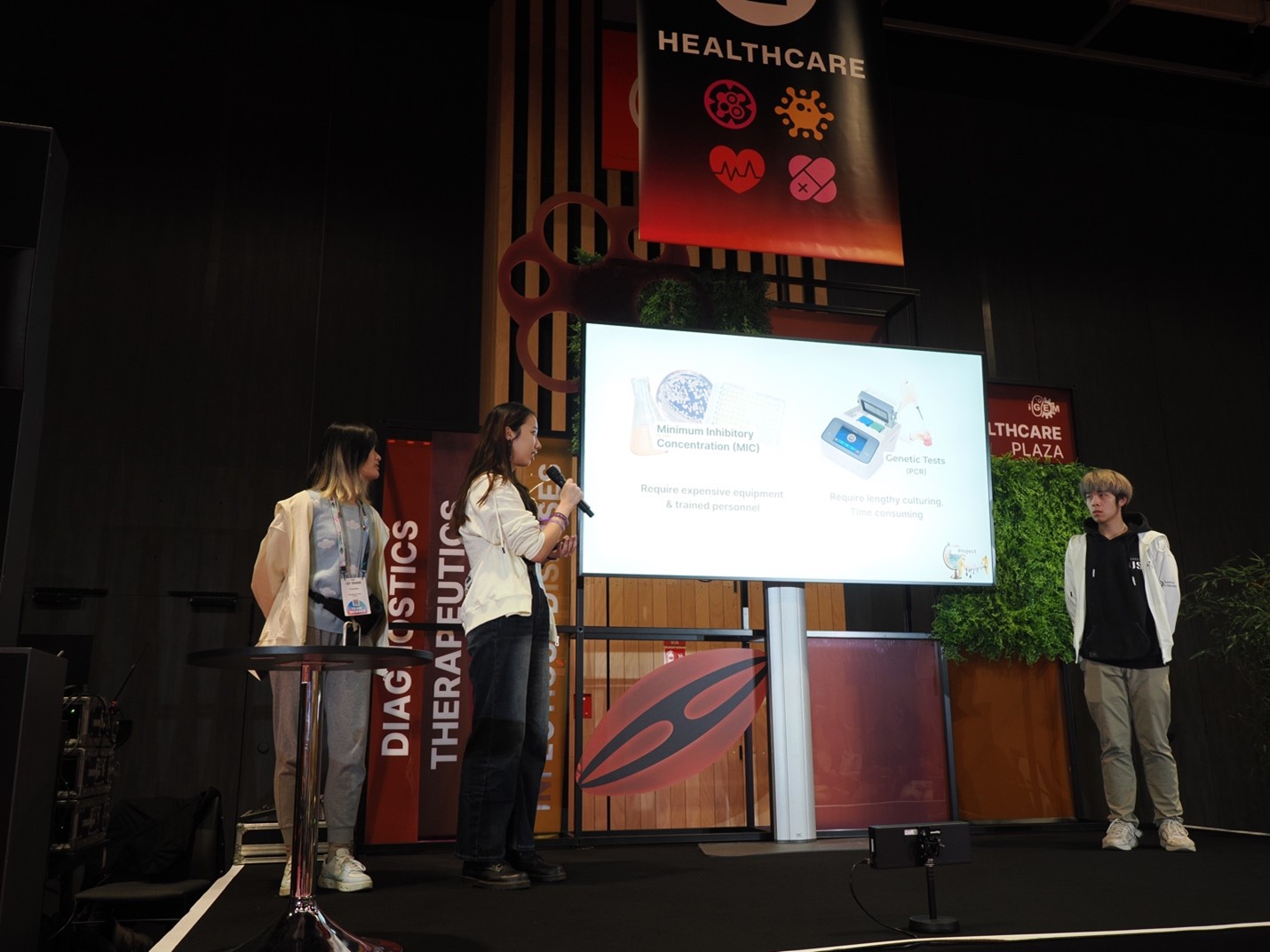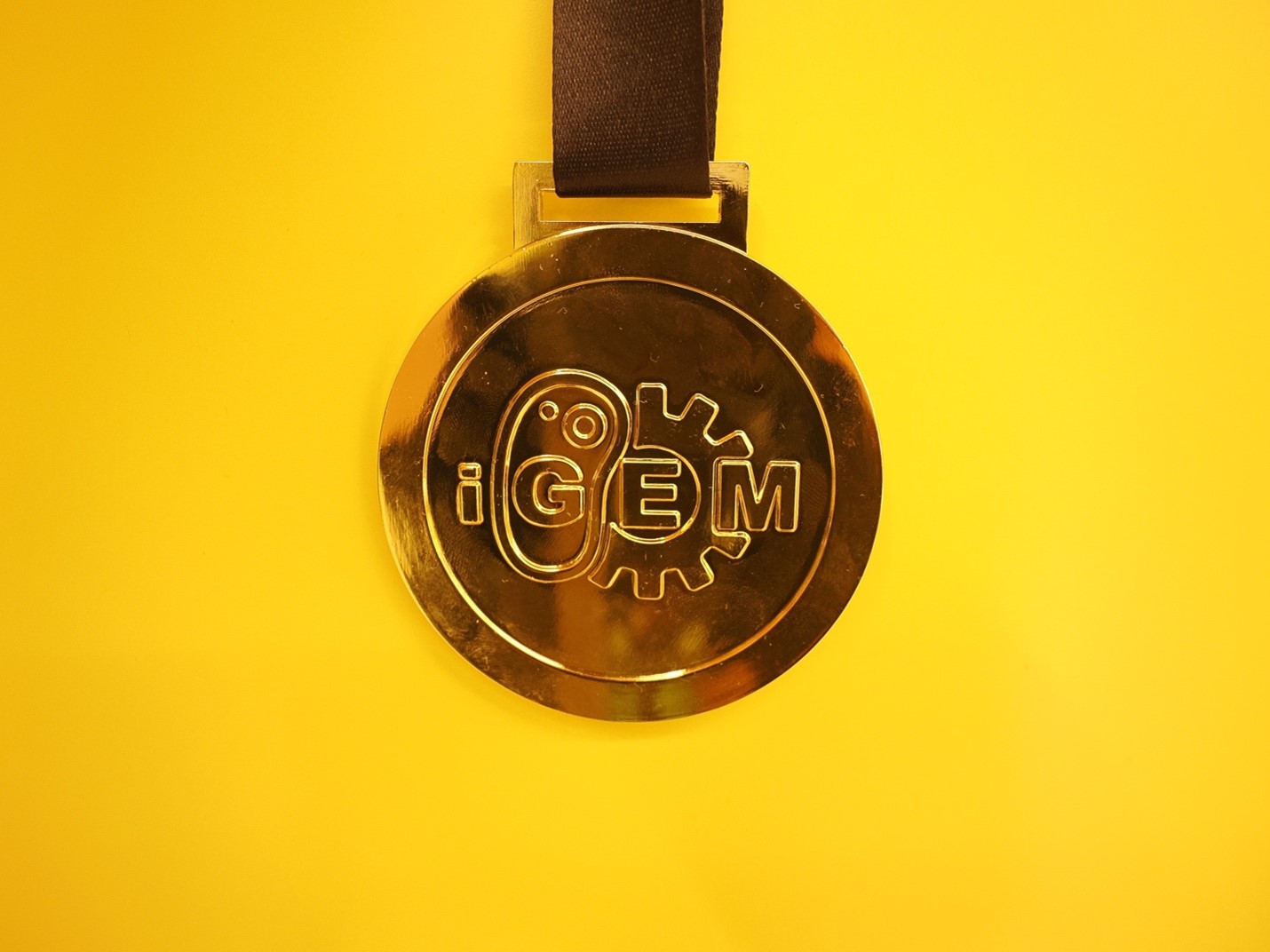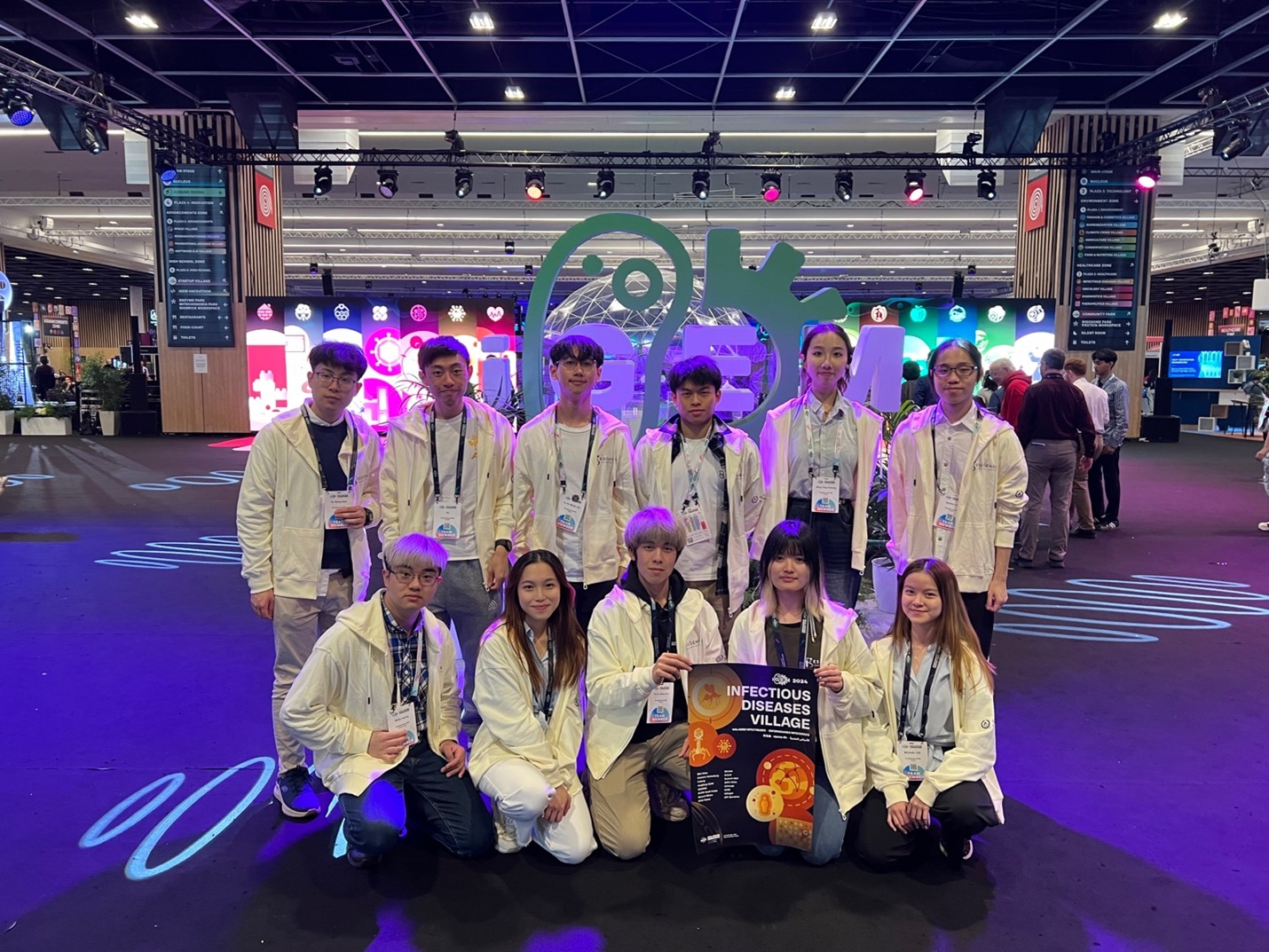3 Dec. 2024
A team of brilliant young minds from the Chinese University of Hong Kong (CUHK) has made a significant stride in the global fight against antibiotic resistance. The team, composed of students from the School of Life Sciences and Department of Biomedical Engineering, has developed a revolutionary rapid diagnostic test agent called ResiSense.
This innovative technology is poised to transform the detection of antibiotic-resistant infections, particularly those caused by the formidable blaKPC-2 gene. By participating in the prestigious International Genetically Engineered Machine (iGEM) competition, the CUHK team has brought to light a solution that addresses a pressing global health crisis.
ResiSense offers a compelling advantage over traditional diagnostic methods, boasting the following key benefits:
- Rapid Results: Delivering accurate results in as little as 1.5 hours.
- Accessibility: Requiring minimal environmental setup and equipment, making it suitable for remote and resource-constrained areas.
- Affordability: Designed to be cost-effective, ensuring widespread accessibility.
The team's groundbreaking work has earned them a Gold Medal at the iGEM 2024 Grand Jamboree in Paris, France. This prestigious award recognizes the team's exceptional innovation, scientific rigor, and potential impact on global health.
The team's ambitious vision extends beyond the detection of blaKPC-2. They aim to develop a comprehensive suite of rapid diagnostic test agents capable of identifying a wide range of antibiotic resistance genes. By enabling early detection and targeted treatment, ResiSense has the potential to significantly curb the spread of antibiotic-resistant infections and improve patient outcomes worldwide.
This groundbreaking achievement underscores the ingenuity and dedication of CUHK students and the university's unwavering commitment to fostering innovation and addressing global health challenges.
 |
 |
|
 |
 |



